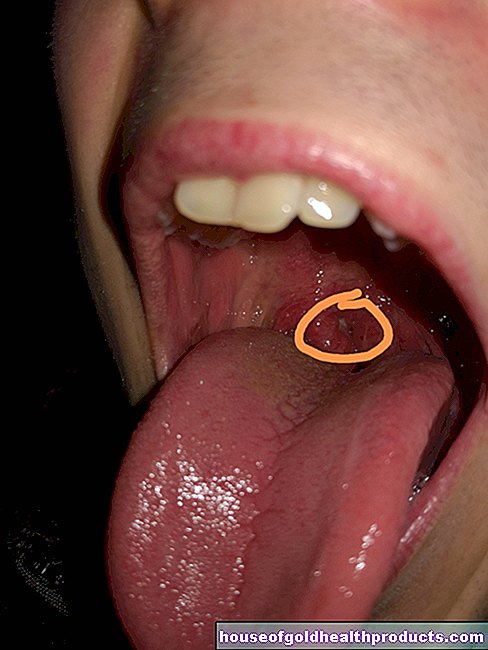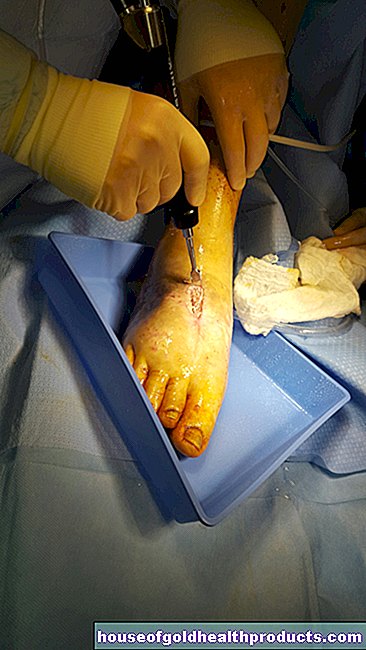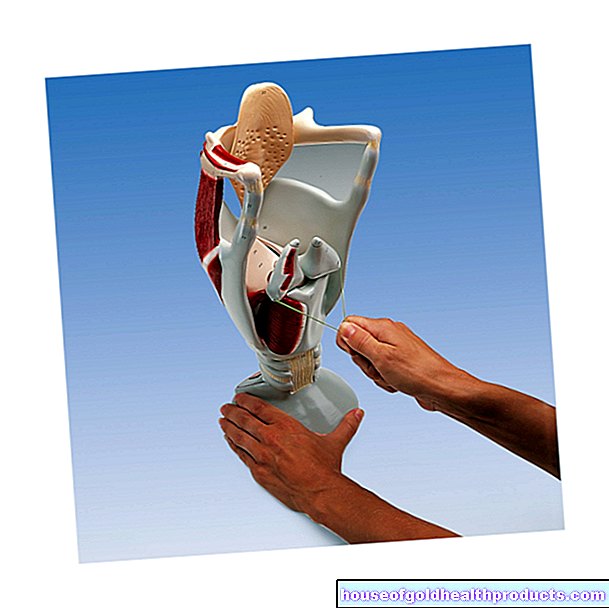Pig organs: Don't be afraid of viruses
All content is checked by medical journalists.Munich12,000 people in Germany are waiting for a donor organ. The possible solution for the future: to transplant pig hearts, kidneys and other organs of the bristle animals. So far, however, there have been concerns that dangerous retroviruses will be transmitted. German scientists can now dispel this fear.
Trojan horses in the genome
Viruses cannot reproduce by themselves. To do this, they need a host that uses the virus genes to produce the building blocks of the pathogen. Some viruses even infiltrate their DNA into the host's genetic makeup and are thus passed on from generation to generation. Such endogenous retroviruses also exist in pigs. These pathogens are closely related to viruses that cause leukemia in mice, cats and gibbons. It was previously thought that they could cause similar diseases in humans.
No production of new viruses
Ralf Tönjes and his team from the Paul Ehrlich Institute in Frankfurt used cell cultures to test whether pig retroviruses (PERV) really attack human blood cells. To do this, the scientists allowed pig cells and human lymphocytes to grow together - only separated by a fine membrane. For the PER viruses, however, the barrier was not an obstacle. After a month, the scientists found PERV DNA in the human lymphocytes, but it was not functional. This means that the cells did not produce any new virus cells from them and were consequently not infected.
Insulin cells for diabetics
So far, not a whole pig has been transplanted into humans. In New Zealand and Argentina, however, clinical studies with insulin-producing cells from the pancreas of pigs are already underway. They were transplanted to type 1 diabetics. (away)
Source: Rodrigues Costa M. et al .: Comparison of porcine endogenous retroviruses infectious potential in supernatants of producer cells and in cocultures, Xenotransplantation, 2014.
Tags: prevention laboratory values sex partnership













-infektion.jpg)















